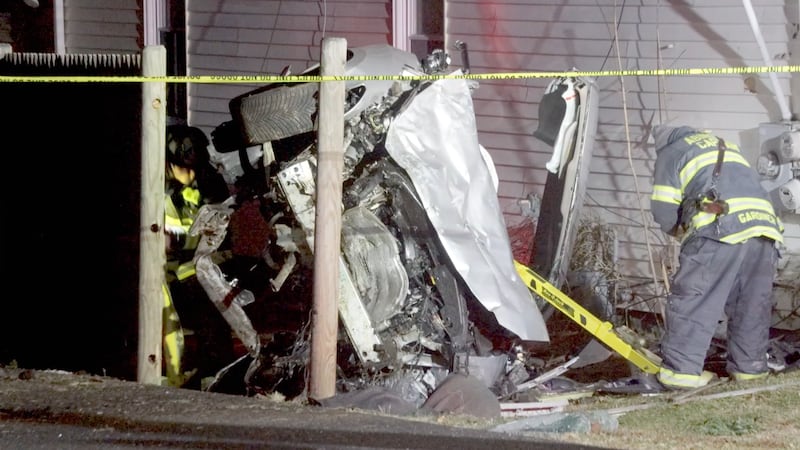State lawmakers are proposing legislation that would crack down on puppy mills.
The bill would ban pet shops in Massachusetts from selling cats and dogs, unless they came from a shelter or a rescue.
"We have so many puppies, kittens, cats and dogs, rabbits that need a permanent home that don't have a home,” said Mass. Rep. Natalie Higgins (D – Leominster).
Rep. Higgins has proposed legislation that would require pet shops to only have animals from local shelters and rescues. She says that too many sick or abused animals are ending up in homes across the state.
"So, a lot of folks who are buying these animals and coming home and finding out that they have major, major health issues maybe because of the way that they were bread and the health conditions they were kept in prior to them purchasing the animal," Rep. Higgins said.
>>>MORE: Good Samaritan helps save police officer's family and dog during dog attack
In a statement, the Animal Rescue League says the bill would force the pet shop industry to make long overdue changes.
Animals sourced from a puppy mill are subjected to trauma, unsanitary conditions and overall horrific treatment. Along with inhumane treatment, these animals also present a consumer protection issue as many are behaviorally challenged or present will illnesses that burden owners with hundreds, if not thousands, of dollars in emergency medical care bills.
Of the 50 pet shops statewide, Rep. Higgins says only eight are still dealing with Mass. production breeders.
Among them is Carlos Munoz, who owns The Perfect Puppy in Plainville, Mass. He told Boston 25 that his shop sells 30-50 puppies a month from breeders.
Related: National Puppy Day encourages celebration of man's best friend
"It would definitely impact my business because […] it shuts me down from using any breeder,” Munoz said. “It's not about just puppy mills. It's about all breeders."
Munoz says he understands regulations, but he thinks a ban would only hurt honest businesses.
"It's not only going to stop business, it's going to create an underground market for these poor animals,” Munoz said.
Cox Media Group





